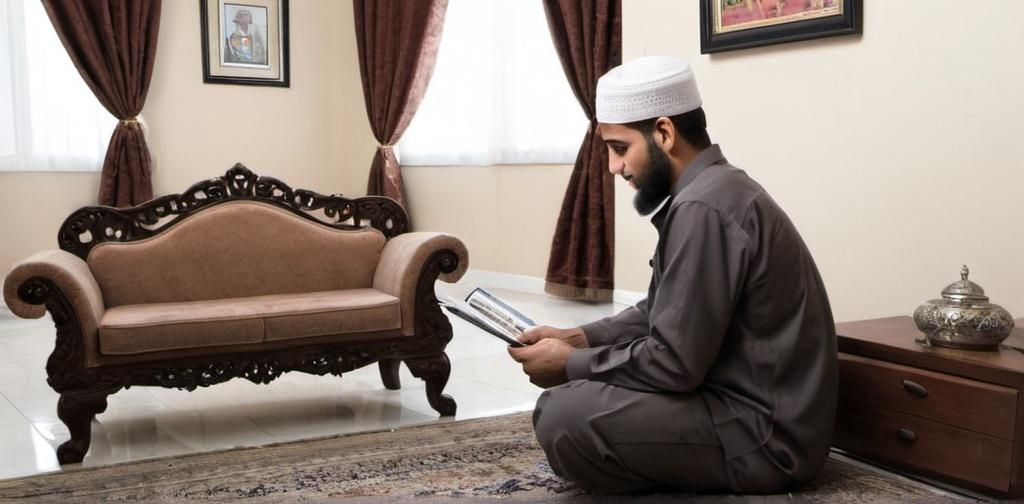Learn more about Forwards

Understanding Forwards in Islamic Finance
Forwards contracts, like your grandma’s secret baklava recipe, have a way of being passed down through the ages. But unlike baklava, they’re not something you can taste, though some might argue the financial outcome is just as sweet—or bitter, depending on how things pan out. In the world of finance, forwards are often used to hedge risks or speculate. So, how do forwards fit in with Islamic finance, where the focus is on ethical and Sharia-compliant investing?
What Are Forwards?
In the simplest terms, a forward contract is a customized agreement between two parties to buy or sell an asset at a set future date for a predetermined price. There’s no central exchange involved, and the terms of the contract are negotiated directly between the parties involved. You might think of it like promising your buddy you’ll sell him your car in six months at today’s price. He gets the car he wants, and you get the peace of knowing how much cash you’ll eventually pocket.
The Islamic Perspective
The rub with forwards in Islamic finance is that they often clash with the principles of Sharia, particularly when it comes to issues like gharar (uncertainty) and riba (interest). Islamic finance is grounded in the idea of ethical investing, ensuring transactions are free of excessive risk or speculation. This means that conventional forwards often find themselves in a gray area—or sometimes outright red, if we’re talking haram.
Gharar: The Unseen Risk
Gharar refers to excessive uncertainty, akin to playing Russian roulette with your investments. In the case of forwards, there’s often a lack of transparency and a high level of uncertainty surrounding the future delivery of the asset, which can cause Islamic scholars to raise an eyebrow—or both.
Riba: The Forbidden Fruit
Riba translates to interest and is a clear no-go in Islamic finance. The issue here is that forwards can sometimes involve elements of speculation akin to gambling, which is a form of riba—something Islam frowns upon as much as leaving the mosque with mismatched socks.
Alternatives to Traditional Forwards
Not all is lost for those wanting to align their financial practices with their faith. Islamic finance offers alternatives like Salam and Istisna contracts, which are more consistent with Sharia principles and might help keep your conscience as clear as a sunny day.
Salam Contracts
In a Salam contract, payment is made upfront, and the goods are delivered later. This is often used in agricultural trading, where you might pay now for the future delivery of a crop. The important thing is that the contract details specifics, reducing uncertainty and keeping it halal.
Istisna Contracts
Istisna is another Islamic contract ideal for manufacturing or construction projects. Here, one party agrees to produce a specific item using the other party’s specifications. Payment can be made in stages, aligning with the project’s progress. This staged payment reduces risk and uncertainty, making it kosher—well, you know what I mean.
Practical Examples in the Market
To see these principles in action, consider how an Islamic bank might offer a forward-like product without crossing into haram territory. The bank might utilize a Salam contract for a client who wants to hedge against future price fluctuations in grain. By paying the agreed price now for a future delivery, the client avoids riba and excessive gharar, keeping the transaction in line with Islamic law.
Making Informed Decisions
As with any financial decision, especially those rooted in faith-based principles, it’s important to do your homework. Consult with Islamic finance experts or scholars to ensure that any forward-like contracts align with your ethical and religious values. Remember, just like those who try to pinch pennies on the spices in baklava, cutting corners in financial ethics rarely leads to anything good.
In a world teeming with financial products, forwards pose a unique challenge for Muslim investors. While the allure of locking in future prices is tempting, aligning these investments with Sharia principles is paramount. By exploring alternatives like Salam and Istisna, investors can balance their financial aspirations without compromising their beliefs.